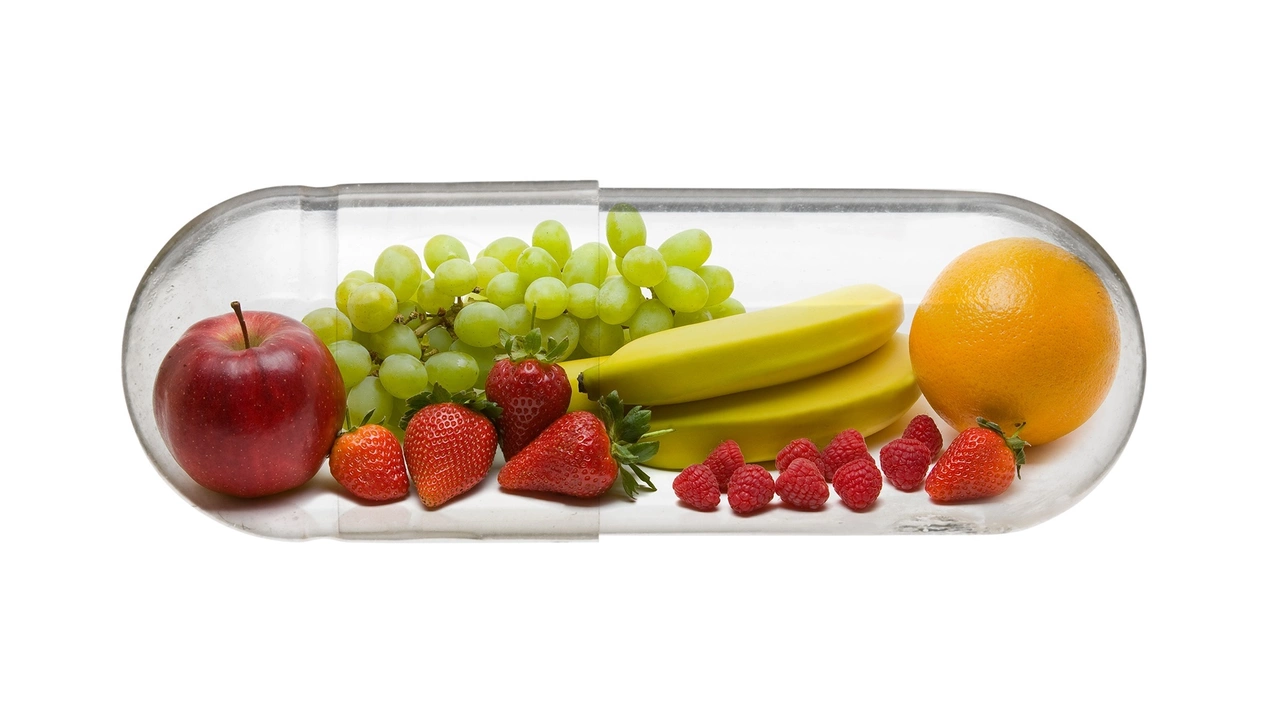Carrageenan: What It Is and What You Should Know
Carrageenan is a common food and pharmaceutical ingredient made from red seaweed. You’ll find it in dairy products, plant milks, sauces, deli meats, and some capsules and suspensions. Manufacturers use it to thicken, stabilize, and improve texture without changing taste, which keeps products smooth and prevents separation. That makes carrageenan useful in everyday foods and in medications where consistent texture matters for dosing and user experience.
People often mix up two forms: food‑grade carrageenan (sometimes called undegraded) and degraded carrageenan, which is a chemically altered form not used in food. Food‑grade carrageenan is the one approved for grocery items and most drug formulations. Degraded carrageenan has different chemical properties and has been linked to adverse effects in animal studies, so regulators treat it separately.
Health questions and evidence
Some animal studies using very high doses or degraded types showed inflammation or gut changes, and a few human reports link carrageenan to bloating or worse symptoms in people with preexisting digestive conditions. But large food safety agencies, including the US Food and Drug Administration and the European Food Safety Authority, judge food‑grade carrageenan safe at the levels used in processed foods and pharmaceuticals. The evidence is mixed, so individual experience can vary.
If you think carrageenan affects your digestion, try a short elimination: read labels, avoid obvious sources like some plant milks and processed sauces for two to four weeks, and note if symptoms improve. That simple test is more useful than worrying about headlines. If symptoms are severe or don’t change, talk with your doctor before making medical or major diet decisions.
How carrageenan appears in medicines and practical checks
In medicines, carrageenan is mostly a helper ingredient. It stabilizes suspensions, thickens gels, and can act as a binder in capsules. This helps ensure each dose contains the right amount of active drug and improves shelf life. If you prefer a formulation without carrageenan, pharmacists can often suggest alternatives or check if different brands use different excipients.
Allergic reactions to carrageenan are rare. More commonly, people react to preservatives, flavorings, or other additives in the same product. Still, if you get hives, swelling, or breathing difficulty after taking a product, stop use and seek medical help immediately.
Want to limit exposure? Focus on whole foods and cook more at home, choose products labeled free of carrageenan, and check supplement and medication inserts. For prescriptions, your pharmacist can review inactive ingredients and advise on alternatives.
On this tag page you’ll find articles that touch carrageenan in foods, supplements, and drug guides. Use these posts to see how carrageenan appears in real products and how others handle concerns. Practical steps—reading labels, trying an elimination, and asking a pharmacist—solve most problems without stress.
Parents and caregivers often ask about children and babies. Infant formulas rarely use carrageenan, but some follow‑on milks and baby foods might. If you care for infants, check product ingredient lists and ask your pediatrician. Small label changes can avoid unnecessary worry and keep feeding simple and safe. Ask your pharmacist and note any reactions.
Carrageenan: The Natural Dietary Supplement Your Body Needs
Alright folks, let's dive into the fun world of dietary supplements - today's hot topic is Carrageenan! You may be scratching your head thinking, "Carr-what-now?", but this natural gem is actually a seaweed extract that your body will love! Don't be alarmed by its weird name, in the health space, it's practically a celebrity! Loaded with beneficial properties, Carrageenan is like the secret sauce your diet has been missing. So, let's welcome this superstar to our routine and give our bodies the health boost they've been craving!

